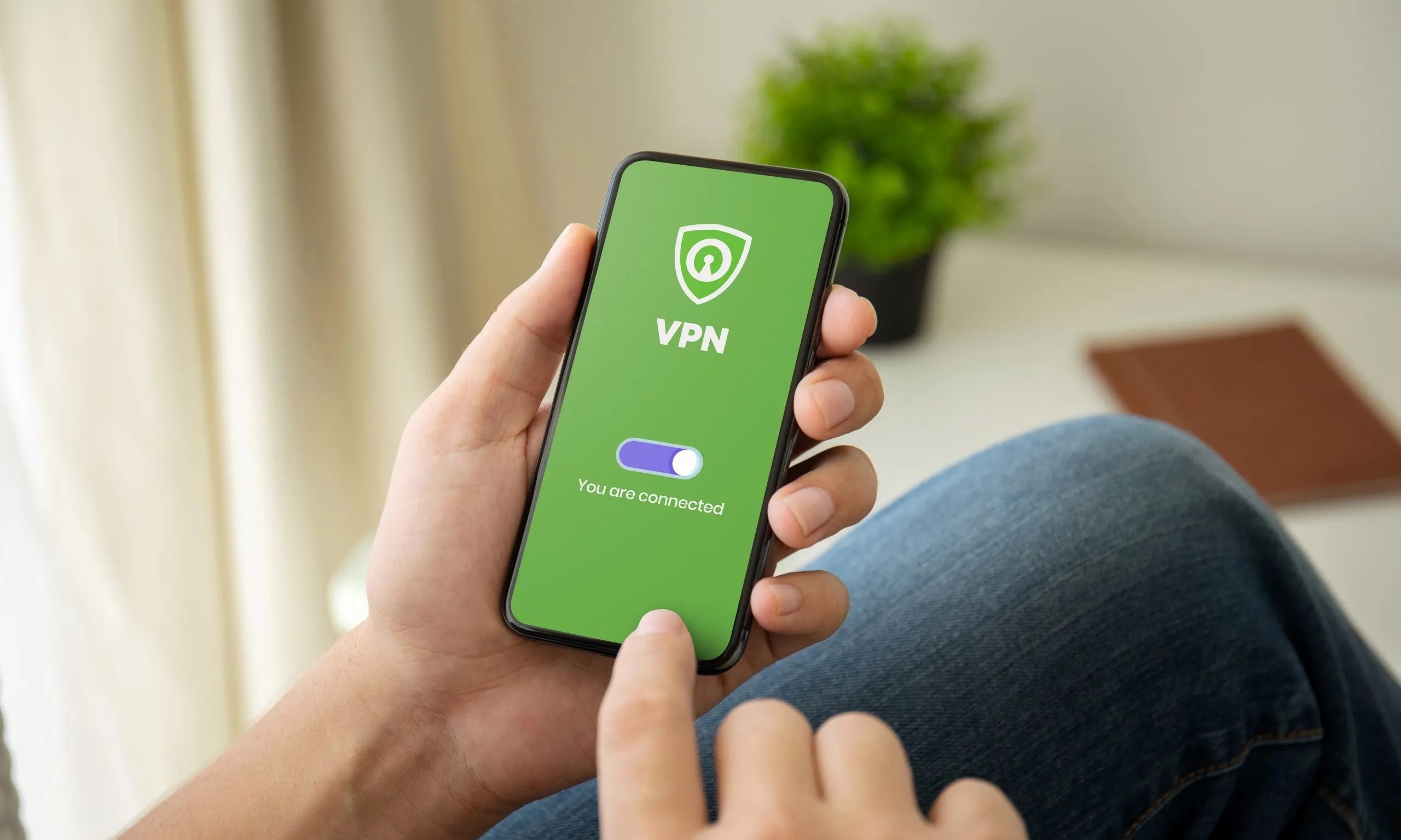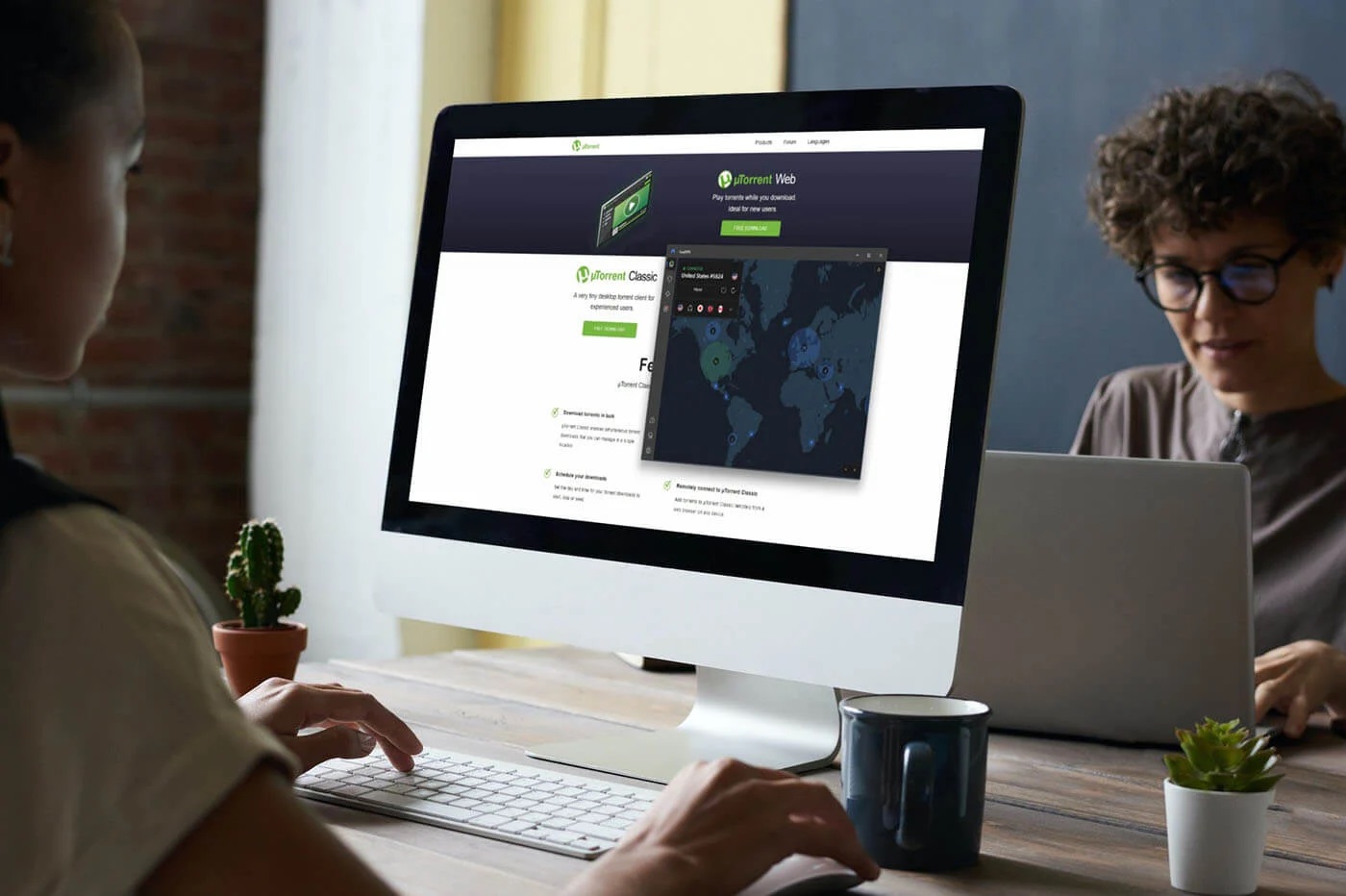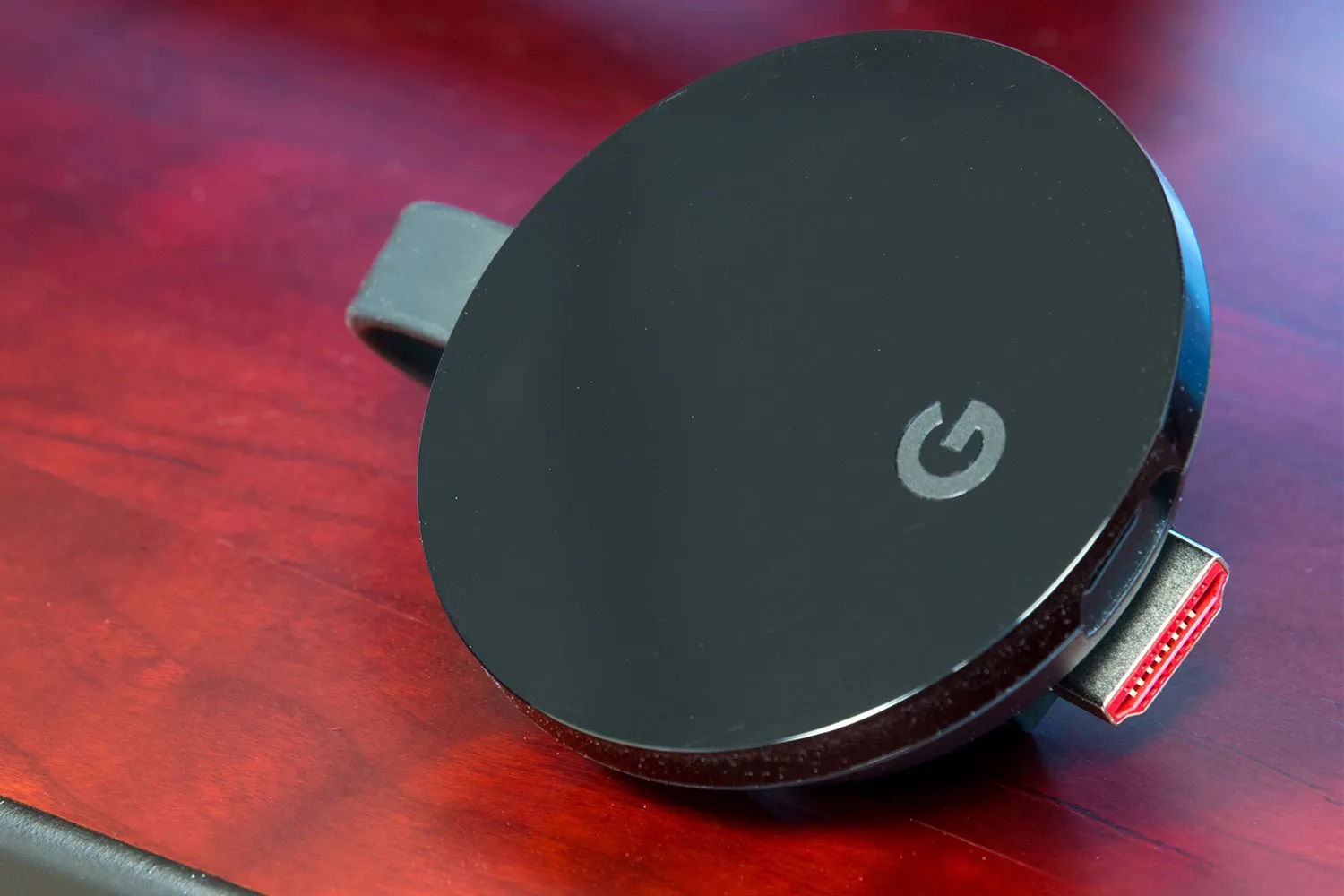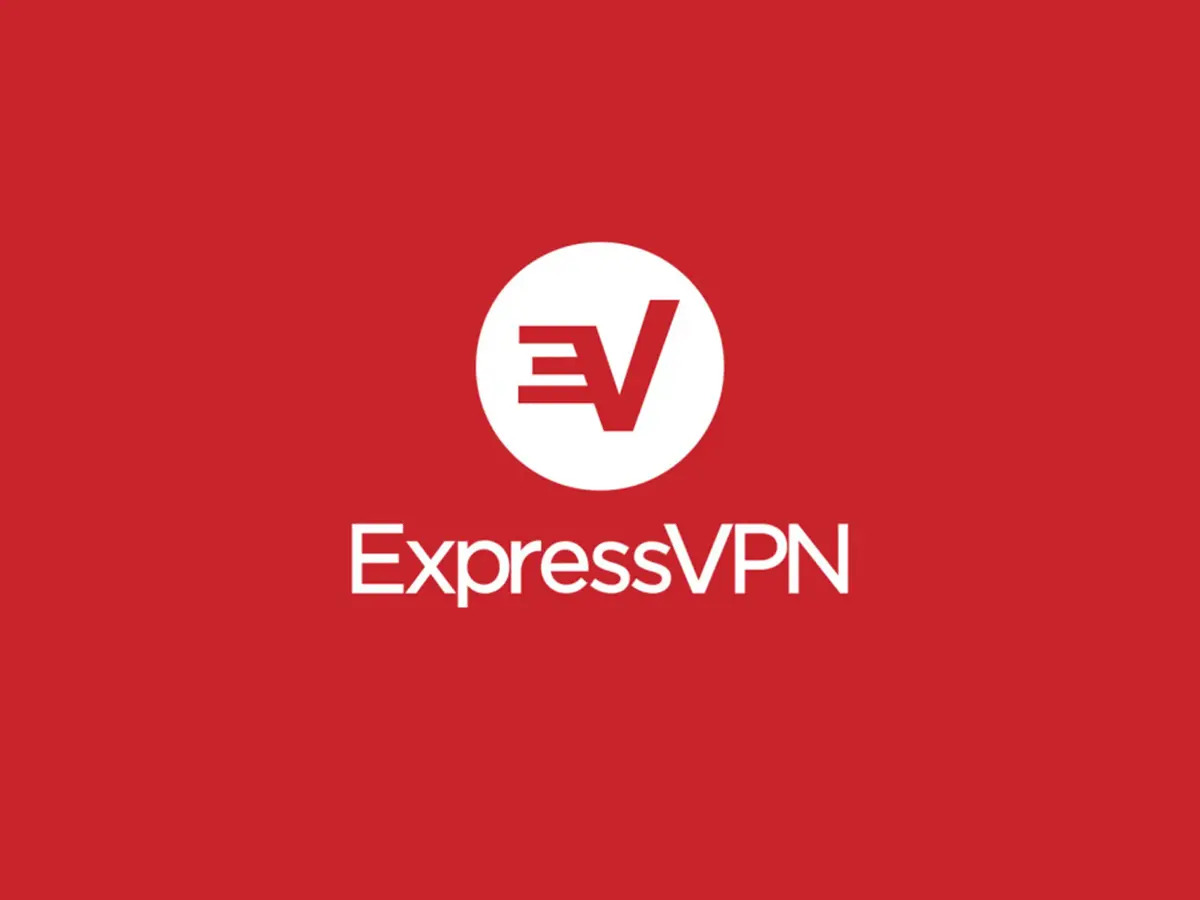Home>Software and Apps>How To Use VPN For Facebook
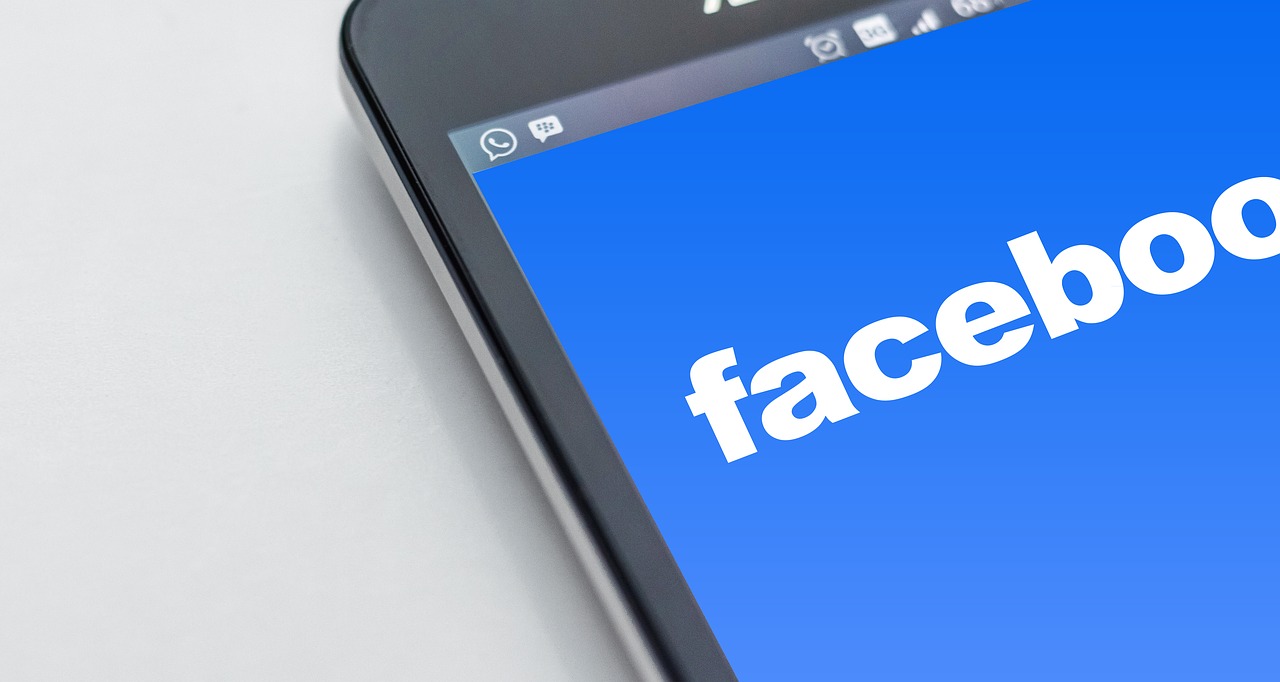

Software and Apps
How To Use VPN For Facebook
Modified: September 5, 2024
Learn how to use VPN software and apps to access Facebook securely and privately. Protect your online privacy and bypass restrictions with our step-by-step guide.
(Many of the links in this article redirect to a specific reviewed product. Your purchase of these products through affiliate links helps to generate commission for Techsplurge.com, at no extra cost. Learn more)
Table of Contents
Benefits of Using a VPN for Facebook
Read more: How To Use NordVPN
Enhanced Security
A VPN encrypts internet traffic, making it difficult for hackers and third-party entities to intercept data. This is particularly important when using public Wi-Fi networks, which are often vulnerable to cyber attacks.
Privacy Protection
By masking your IP address, a VPN helps protect personal information from being tracked by Facebook or other third-party services. This is especially useful if you live in a region where internet censorship is prevalent or if you want to avoid targeted advertising.
Access to Restricted Content
In some regions, Facebook may be blocked or restricted. A VPN can help bypass these restrictions by providing an IP address from a different country where Facebook is accessible.
Protection from Data Thieves
If you use public Wi-Fi networks frequently, such as those found in coffee shops or airports, a VPN can protect your data from being intercepted by malicious actors.
Avoiding Surveillance
Governments and ISPs often monitor internet activity. A VPN can help avoid this surveillance by encrypting data and masking your IP address.
Choosing the Right VPN
Speed and Performance
Look for a VPN that offers fast speeds and reliable performance. This is crucial if you plan to use Facebook for video calls, streaming, or other bandwidth-intensive activities.
Server Locations
Ensure the VPN has servers in multiple locations around the world. This will give more flexibility in choosing an IP address that is not blocked in your region.
Read more: How To Use VPN On PS4
Security Features
Opt for a VPN that uses strong encryption protocols such as AES-256. Also, look for features like kill switches, which automatically disconnect your internet if the VPN connection drops.
Customer Support
A good VPN should have reliable customer support. This is important in case you encounter any issues during setup or use.
Compatibility
Ensure the VPN is compatible with your device and operating system. Most VPNs support multiple platforms, including Windows, macOS, iOS, and Android.
Setting Up a VPN for Facebook
Read more: How To Use Surfeasy VPN
Download and Install the VPN Software
- Visit the website of your chosen VPN provider and download the software or app.
- Follow the installation instructions provided by the VPN provider. Most VPNs have user-friendly interfaces that make the process straightforward.
Create an Account
- If you haven’t already, create an account with your chosen VPN provider. You may need to provide some basic information such as your name and email address.
Log In to Your VPN Account
- Once you have created an account, log in using your credentials.
- You may need to enter a password or use biometric authentication (like fingerprint or face recognition) depending on the VPN provider.
Connect to a VPN Server
- After logging in, you will typically see a list of available servers. Choose a server location that is not blocked in your region and click “Connect.”
- The VPN will then establish a secure connection to the chosen server.
Read more: How To Use VPN On TV
Verify Your Connection
- Once connected, verify that your IP address has changed by visiting a website like whatismyip.com.
- If your IP address has changed, it means you are now using the VPN.
Using Facebook with a VPN
Launch Facebook
- After verifying that you are connected to the VPN, launch Facebook as you normally would.
Ensure Facebook Works Properly
- Check if Facebook is accessible and functioning correctly. If you encounter any issues, try switching to a different server location.
Read more: How Many People Use A VPN
Monitor Your Data Usage
- Keep an eye on your data usage while using Facebook with a VPN. Some VPNs may have data caps or usage limits, so it’s essential to monitor this to avoid any unexpected charges.
Troubleshooting Tips
Connection Issues
- If you encounter connection issues, try restarting your device or switching to a different server location.
- Ensure that your internet connection is stable and not experiencing any outages.
Speed Issues
- If you notice speed issues while using Facebook with a VPN, try switching to a different server location or reducing the number of devices connected to the VPN.
Read more: How To Use Proton VPN
Compatibility Issues
- If you encounter compatibility issues with your device or operating system, check the VPN provider’s support page for troubleshooting tips or contact their customer support team for assistance.
Error Messages
- If you receive error messages while trying to access Facebook, check the VPN provider’s support page for known issues or contact their customer support team for help.
Additional Tips
Regularly Update Your VPN Software
- Regularly update your VPN software to ensure you have the latest security patches and features.
Read more: How To Use A VPN On Firestick
Use Strong Passwords
- Use strong, unique passwords for your VPN account and other online services to prevent unauthorized access.
Enable Two-Factor Authentication (2FA)
- Enable 2FA whenever possible to add an extra layer of security to your accounts.
Be Aware of Phishing Attempts
- Be cautious of phishing attempts that may try to trick you into revealing your VPN credentials or other sensitive information.
By following these guidelines and staying vigilant about your online security, you can enjoy a safer and more private experience on Facebook.


